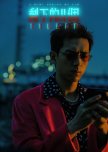
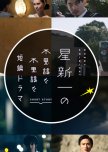
Both are short format dramas that share the same style of cinematography and have the same futuristic vibe to it
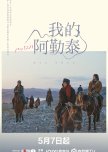
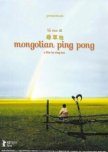
Both productions depict rural (nomadic) lives with the same slice-of-lifey documentary feel to them. Both are mostly spoken in a language that's not mandarin
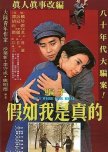
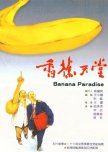
Both movies are directed and written by Wang Toon, and both feature his signature assumed identity plotline on the backdrop of societal and political changes
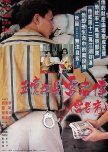
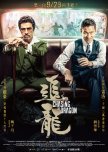
Both productions tell the story of the same man - Lee Rock (Lui Lok), a.k.a one of the most corrupted policemen from Hong Kong


Both productions tell the story of the same man - Lee Rock (Lui Lok), a.k.a one of the most corrupted policemen from Hong Kong


Both productions tell the story of the same man - Lee Rock (Lui Lok), a.k.a one of the most corrupted policemen from Hong Kong

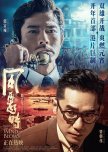
Both productions tell the story of the same man - Lee Rock (Lui Lok), a.k.a one of the most corrupted policemen from Hong Kong


Both productions tell the story of the same man - Lee Rock (Lui Lok), a.k.a one of the most corrupted policemen from Hong Kong


Both productions tell the story of the same man - Lee Rock (Lui Lok), a.k.a one of the most corrupted policemen from Hong Kong
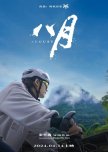
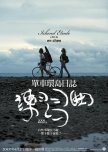
Male leads in both productions decide to embark on a cycling journey - in Island Etude it's around Taiwan, while in August it's in Tibet


Both movies focus on self-healing journeys of the respective male lead, as he treks/cycles through Tibet

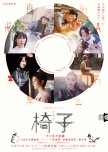
The sixth episode of Isu has a very similar premise to Indian Pink - where both of the leads are oh ever slightly unreliable narrators.

 15
15 68
68 2
2






















